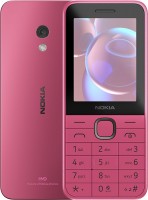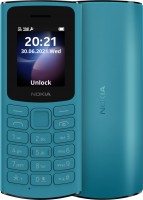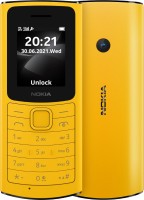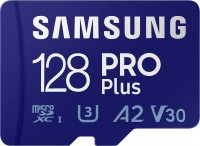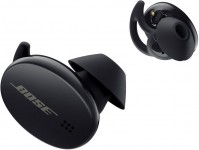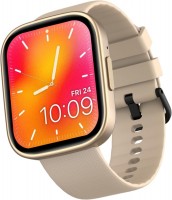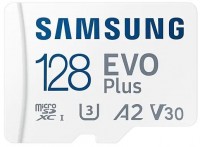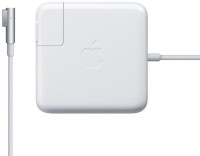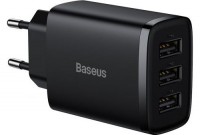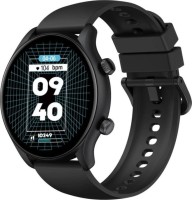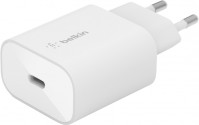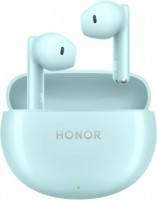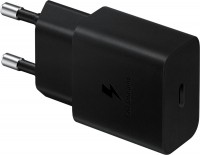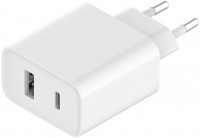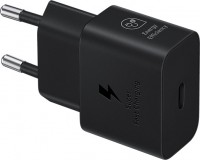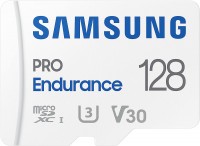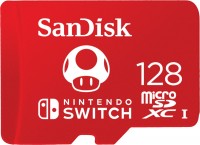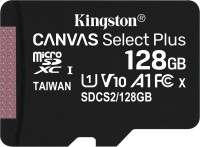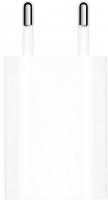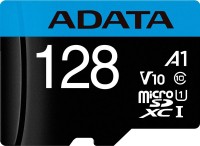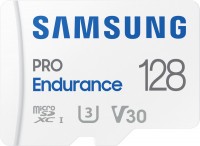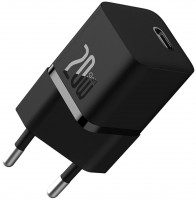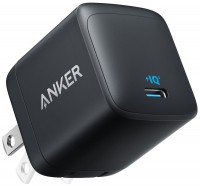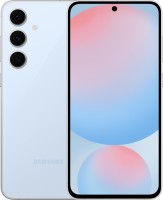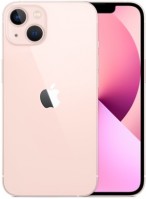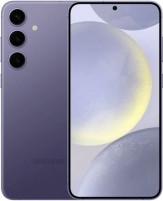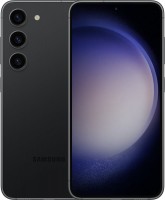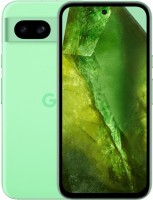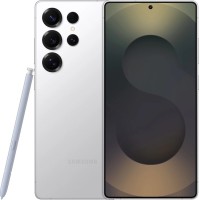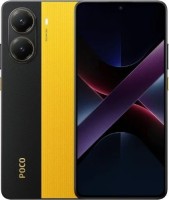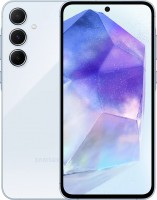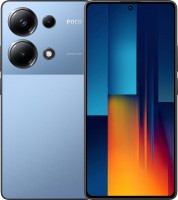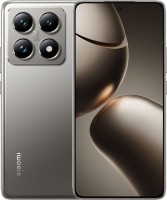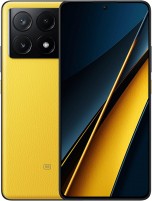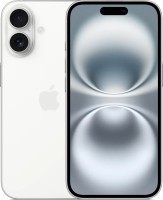Nokia 5230
 | Outdated Product $22.49 One of the most affordable smartphones on the market today. Runs on Symbian. Features correspond to the class: a 3.2" display with a resistive sensor, 128 MB of RAM, a modest 2 megapixel camera, only a proximity sensor among sensors. Nevertheless, the device supports 3G networks. The GPS module is equipped with free Nokia Maps with the ability to pre-loading and viewing offline.The package includes a mediator — a kind of analogue of the stylus. |
Nokia 5230
-
-
Screen:3.2 ", 640x360, 229 ppi
Memory size:+ memory card slot, RAM 0.1 GB
Camera:2 MP
Battery:1320 mAh
One of the most affordable smartphones on the market today. Runs on Symbian. Features correspond to the class: a 3.2" display with a resistive sensor, 128 MB of RAM, a modest 2 megapixel camera, only a proximity sensor among sensors. Nevertheless, the device supports 3G networks. The GPS module is equipped with free Nokia Maps with the ability to pre-loading and viewing offline.The package includes a mediator — a kind of analogue of the stylus.
All specifications
Specifications 5230
|
| ||||||||||||||||||||||||||||||||||||||||||||||||||||||||||||||||||||||||||
The information in the model description is for reference purposes.
Always clarify the specifications and configuration of the product with the online store manager before purchasing.
Catalog Nokia 2025 - new arrivals, bestsellers, and the most relevant models Nokia.
Always clarify the specifications and configuration of the product with the online store manager before purchasing.
Catalog Nokia 2025 - new arrivals, bestsellers, and the most relevant models Nokia.
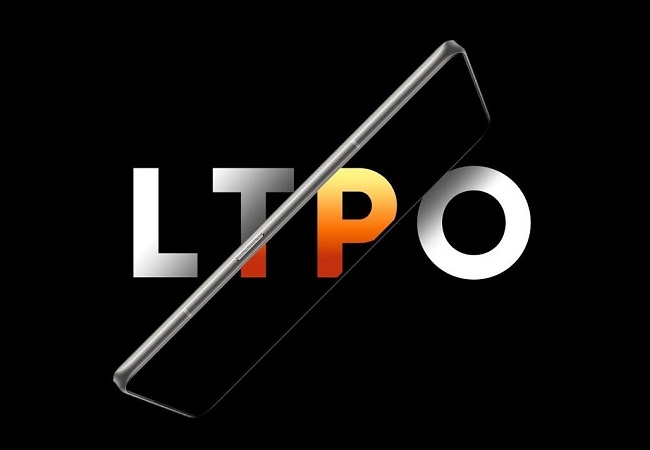
What is LTPO display in mobile technology and how does it workLet's figure out what an LTPO screen with an adaptive refresh rate is and how it differs from a regular OLED

Why do smartphones start to slow down and what amount of RAM is now considered optimal?Let's explore the reasons for the slowdown and the optimal amount of RAM for smartphones
Frame:
- Nokia 5230 is a more affordable analogue of Nokia 5800, which completely coincides in size with its older "brother". This model does not have a stylus. Instead of a stylus, you can use a pick (a control that acts as a stylus) that comes with the kit.
- On the front panel is a large touch screen. Above it is a speaker and a proximity sensor to the screen, which automatically locks the screen during a call. Also there is a light sensor — automatically adjusts the brightness of the display. Below are three keys — accepting and ending a call, and a menu activation key in the centre.
- There are three control buttons on the right side of the phone — a volume control, a camera button and a special slider button designed to quickly lock the phone.
- On the left side there are two slots — for a microSD memory card and for a SIM card, as well as one additional speaker. You can insert a SIM card through the slot on the side, but in order to pull it out, you will first have to remove the battery and then push the SIM card inside with something. This process is displayed graphically on the back of the phone under the battery.
- There are three connectors on the top end — a 3.5 mm jack for connecting headphones; plug 2 mm, for connecting the charger; microUSB-connector, which is hidden under the plug. There is also an on/off button for the phone.
- On the back side, at the top left, there is a 2 megapixel camera, without autofocus and flash.
- A feature of this model is interchangeable panels of different colours. There are seven colours in total. Only one additional panel comes with the phone.
- On the Russian market, this model comes with the Nokia "Comes With Music" service (along with music). The owner of this phone has the opportunity for free, within one year, to use the largest catalog of licensed music — Ovi Music.
- Bluetooth — version 2.0 with EDR support. There is no Wi-Fi module.
- When connected to a computer via USB, the following connection modes are available: photo transfer; multimedia transmission; phone and memory card are visible as a removable storage medium; connection via PC Suite — access to all functions is provided.
- The USB data transfer speed is 5 Mb/s. Phone charging via USB is not supported.
- Navigation uses the free Nokia Maps third version. There is no need to buy a separate license, for example, for the country you are traveling in. Ability to use pedestrian or car navigation modes.
- You can use navigation without an Internet connection. To do this, you must first download the maps to your phone. This feature will help you not get lost in places where there is no coverage and significantly save money on an Internet connection.
- Map display is available in four modes — with 3D objects, 2D map, satellite view, hybrid mode. Quick search of streets, cities and Point of Interest (POI) is supported. Pedestrian zones and city parks have been added to navigation. You can restrict traffic only on the streets. You can create a route with waypoints. Maps have been compiled for 180 countries. Voice navigation — for 74 countries in 46 languages.
- Of the other navigation functions, one can note, such as: voice guidance, guides, information about traffic jams, recommendations for choosing a lane, the presence of radars.
- Image resolution can be obtained in three different qualities — 0.3, 0.8 and 2 MPix.
- Various shooting modes are available — auto, portrait shooting, landscape, sports, night and User Defined.
- You can choose colour effects — Sepia, Black&White, Negative, Vivid.
- The white balance mode is adjusted automatically, or you can choose one of four additional modes — sunny, cloudy, incandescent, fluorescent colour.
- Contrast modes can be changed from -2 to +2, and sharpness can be adjusted in three ways (medium, high, low).
- Built-in self-timer, which will automatically take a picture after a certain time. And also, to improve the positioning of objects in the frame, you can turn on a special mode — "grid", which will divide the screen with intersecting vertical and horizontal lines.
- You can record video files in two resolutions — 640x480 pixels and 640x350 pixels.
- Two video shooting modes — automatic and night. There are no time limits for shooting video, and you can turn off sound recording when recording a video.
- Video recording takes place at a frequency of 30 frames per second, the file recording format is mpeg4, there is a software image stabilizer.
- Kinetic scrolling is supported — now you can scroll the list anywhere on the screen, it is not necessary to click only on the scroll bar.
- 20 contacts can be placed on the desktop for quick access and dialing of the corresponding subscriber, and there is also a shortcut bar at the bottom of the screen.
- Among other features of the software, it is worth noting the ability to put the phone into silent mode when there is an incoming call, by simply turning the phone down the screen.
- Telephone
- Instructions for use
- Wired stereo headset
- Charger
We recommendCompare using chart →




